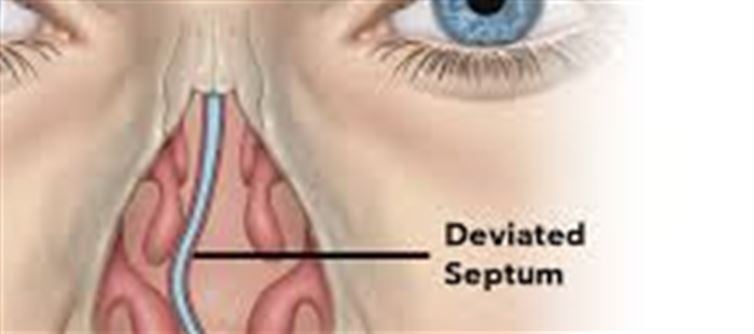
Nothing ruins the start of your day like waking up with a blocked nose. That morning congestion can affect your sleep, mood, and energy levels. Let’s break down why it happens and what you can do.
1. 🌬 Why Your Nose Gets Blocked in the Morning
· Dry indoor air: Sleeping in air-conditioned or centrally heated rooms dries nasal passages.
· Allergens in your bedroom: Dust mites, pet dander, or pollen in sheets can trigger congestion.
· Deviated septum or nasal polyps: Structural issues make nasal passages narrower, worsening at night.
· Colds or sinus infections: Viral infections can cause mucus buildup overnight.
· Acid reflux: Stomach acid flowing back can irritate nasal passages while lying down.
2. 💧 Simple Morning Fixes
· Steam inhalation: Take a few minutes to inhale steam from hot water to loosen mucus.
· Saline nasal spray: Helps clear nasal passages and keeps them moist.
· Hydrate: Drink water immediately after waking to thin mucus.
· Change sleep position: Elevate your head with an extra pillow to reduce nighttime congestion.
3. 🛏 Bedroom Habits to Prevent Blocked Nose
· Wash pillowcases and sheets regularly to reduce dust mites.
· Use a humidifier if indoor air is dry.
· Keep pets out of the bedroom if you are allergic.
· Avoid heavy meals before bed to reduce reflux-induced congestion.
4. 🩺 When to See a Doctor
· Persistent nasal blockage that doesn’t improve with home remedies.
· Pain, fever, or colored nasal discharge indicating infection.
· Suspected structural issues like a deviated septum or polyps.
Final Take
Morning nasal congestion is common but often manageable with simple lifestyle adjustments and home remedies. By keeping your bedroom clean, staying hydrated, and using nasal sprays or steam, you can start your day breathing easy and energized.
Disclaimer:
The views and opinions expressed in this article are those of the author and do not necessarily reflect the official policy or position of any agency, organization, employer, or company. All information provided is for general informational purposes only. While every effort has been made to ensure accuracy, we make no representations or warranties of any kind, express or implied, about the completeness, reliability, or suitability of the information contained herein. Readers are advised to verify facts and seek professional advice where necessary. Any reliance placed on such information is strictly at the reader’s own risk.




 click and follow Indiaherald WhatsApp channel
click and follow Indiaherald WhatsApp channel